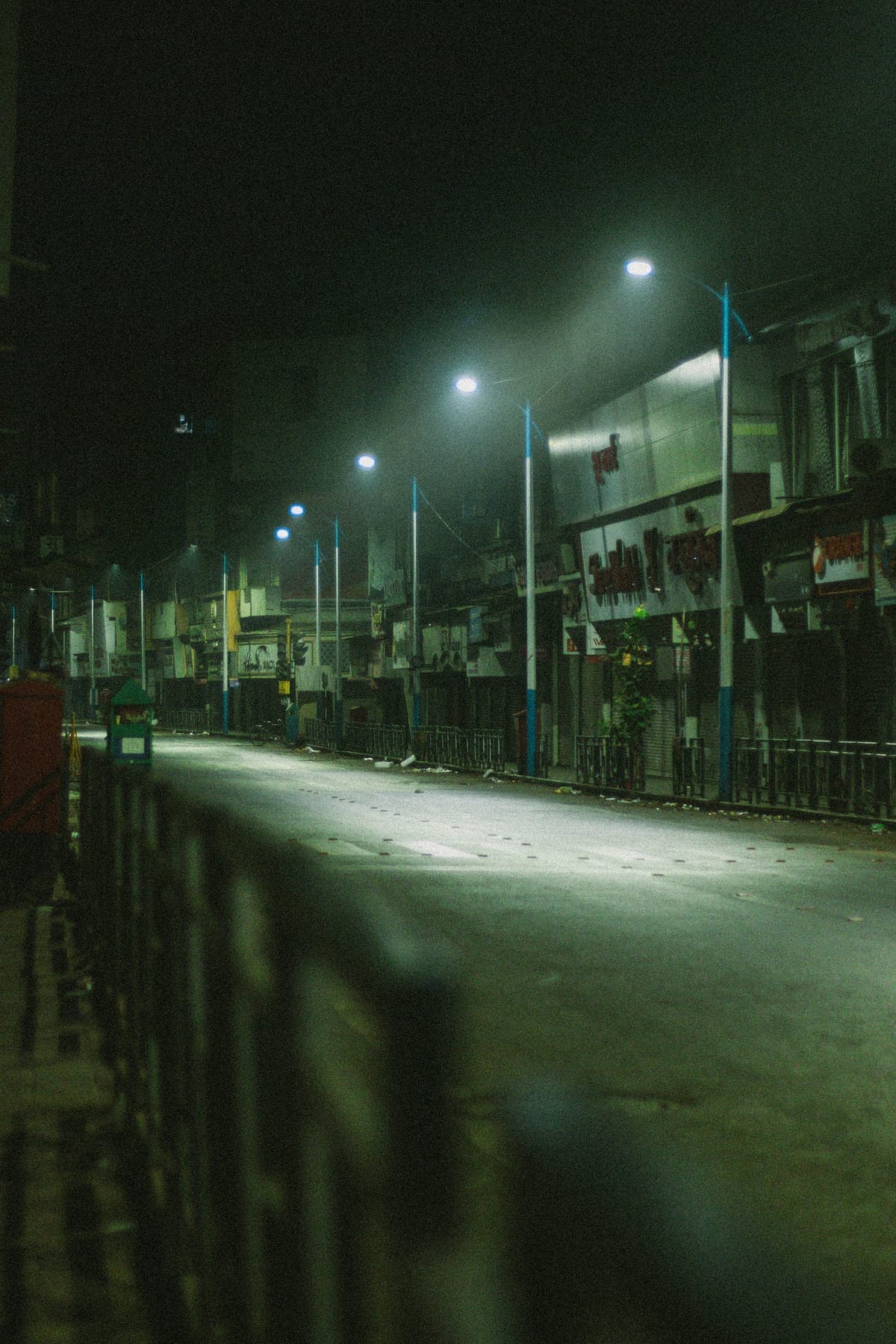Redefining Resilience: A Kashmiri Teen’s Take

What growing up in conflict taught me about silence, strength, resilience and standing still.
When people think of resilience, they often picture someone who has bounced back from a breakup, lost a job or failed a test.
Resilience is a word that is plastered across motivational posters and said proudly on stages. It is portrayed as something which can be easily earned.
But for someone from Kashmir, resilience is not something we learn
But something we live.
It is not a comeback story,
It is how the story has always been.
As a Kashmiri teenager, I have lived through silence, shutdowns, and uncertainty. I have lived a life where a regular day could turn into a curfew, where you wait for the internet, like people wait for electricity, where the news is either too loud or completely missing.
In those times, resilience did not look heroic rather looked quiet. It was waking up not knowing what the day holds, but still showing up and studying hard even when the schools were closed, dreaming even when the whole world felt to be paused and smiling so others don’t worry.
In my UWC interview, I got to know about the 7 Cs of resilience: competence, confidence, connection, character, contribution, coping, and control.
I didn't know about these terms growing up, but I unknowingly had lived them.
Competence
I found competence in growing up, navigating school disruptions due to curfews and shutdowns. I learned how to continue even when the formal learning systems were paused and we had no internet.
I consistently managed my academics and stayed ahead.
The ability to continue learning even when all the systems fail around you is competence shaped by conflict.
Confidence
Despite being from a place that is often seen through the lens of instability and uncertainty, I had the confidence to speak up and believe that voices from Kashmir deserve a global platform.
That belief wasn't handed to me but was rather built in a place where opportunities often feel distant.
Connection
In times of internet blackouts and immense oppression,
I understood the importance of connection and the power of community.
In those times where we all shared warmth in silence, one thing was evident that in Kashmir connection often survives without signal.
Character
At times when I found people misinterpreting the idea of Kashmir,
I didn't stay silent, but I didn't argue either. I chose dialogue. Those were the moments when frustration could justify my anger, but I stuck to my dignity. That’s character shaped by restraint in a volatile setting.
Contribution
I tried normalizing ambition in a constrained environment by choosing to dream, applying to UWC and creating platforms like Viora. In doing so, I contributed to a culture of ambition and hope in a place where many young people feel stuck.
Coping
Shutdowns, news of violence and uncertainty were a part of everyday life.
Still, I showed up. I wrote in my journal. I found quiet practices to keep my mind steady. That’s coping not in theory, but in survival.
Control
I couldn't control curfews, internet blackouts or the tense atmosphere, but I could choose how to respond. Instead of giving in to frustration, I chose to respond wisely by focusing on self-growth, on writing and on learning.
That’s exercising control over your inner world when you can’t control the outer one.
So, when people ask me what it feels like to live in Kashmir, I never know how to answer. Because the world sees conflict, but I have also seen compassion. While others see silence, I have felt strength.
In Kashmir resilience isn’t rare, it’s routine.
It’s woven into daily life,
Into prayers whispered during shutdowns,
Into lessons taught without classrooms and
Into dreams that survive despite silence.
Resilience here isn’t about bouncing back,
it’s about standing still when nothing around you is.
About holding your values when everything shakes.
About building something even when the ground never feels steady.
If resilience had a face,
It wouldn’t be smiling.
It would be quiet.
Still.
Determined.
And would look a lot like Kashmir.
This isn’t just my story, its the story of every teenager growing up in Kashmir,
Where resilience isn’t a choice,
It is a condition of survival




